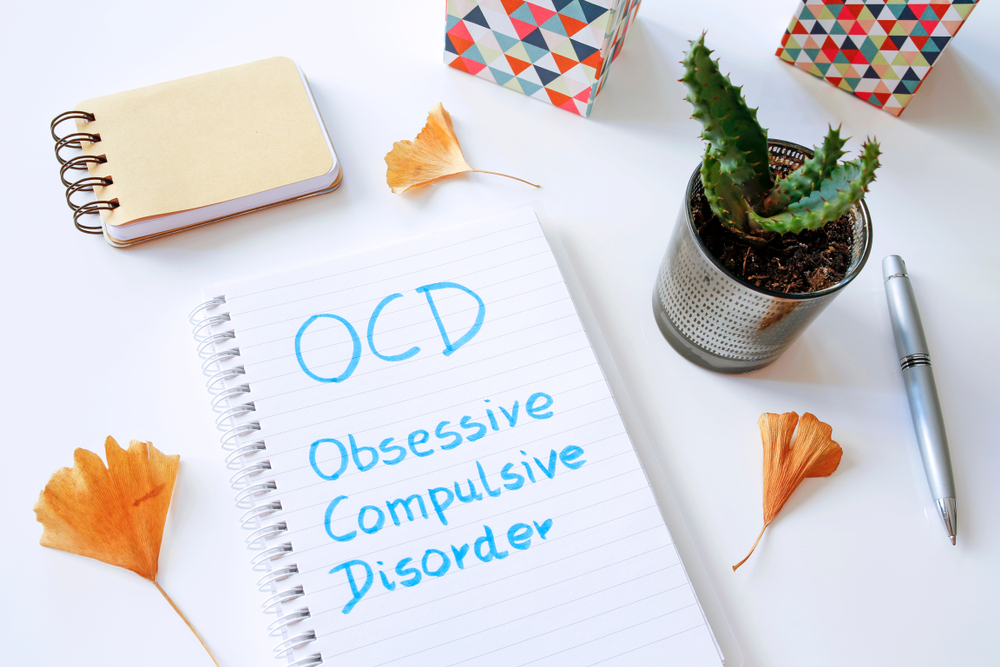
Obsessive-Compulsive Disorder (OCD) is often misunderstood, especially in the age of social media, where it’s frequently misrepresented as a quirky preference for cleanliness or order.
But recent discussions in the public eye are helping those previously unaware to reframe OCD as the serious mental health condition that it is.
Here at Newcastle Psychologist & Counselling, we provide specialist OCD therapy in Newcastle to help individuals better understand and manage their symptoms, with evidence-based support.
The Reality Behind OCD
OCD is characterised by distressing, intrusive thoughts (obsessions) and repetitive behaviours (compulsions) that individuals feel driven to perform. These thoughts and behaviours are extremely anxiety-inducing, and often interfere significantly with daily life.
While contamination fears and handwashing are common, many people experience other forms of OCD that are less visible. These include:
- “Pure O” OCD: where the compulsions are mental (e.g. mental reviewing, seeking reassurance) rather than behavioural.
- Relationship OCD: involving obsessive doubts about a partner or relationship.
- Harm OCD: where individuals fear they might accidentally or deliberately hurt someone, despite having no intention to do so.
- Sexual Orientation OCD and Religious OCD: distressing, intrusive thoughts that conflict with a person’s values or identity.
These subtypes often go unrecognised or are misdiagnosed, leaving sufferers isolated and confused. Fortunately, public awareness is improving, and more people are learning that OCD isn’t just about germs—it’s about fear, doubt, and the brain’s struggle to tolerate uncertainty.
Treatment That Makes a Difference
OCD can feel overwhelming, but effective treatment is available, and recovery is possible. Psychological therapy plays a key role in helping individuals understand their OCD, challenge unhelpful thinking patterns, and develop healthier coping strategies.
Cognitive Behavioural Therapy (CBT) is one of the most widely used approaches and focuses on changing the thought processes that fuel obsessive fears and compulsive behaviours. Our therapists in Newcastle also use Acceptance and Commitment Therapy (ACT), which helps with managing anxiety and reducing self-criticism often experienced by those with OCD.
OCD Therapy in Newcastle
At Newcastle Psychologist & Counselling, we offer expert support for individuals with OCD, including lesser-known subtypes. If you find yourself struggling with OCD-like symptoms, our tailored counselling can help you understand the background behind your issues, reduce distress, and reclaim your quality of life.
Contact us today using the form below, or call us on 07966645198 to find out how our experienced therapists can support you, and to book an initial consultation.

Best wishes,
Dr Stuart Sadler
Lead Clinical Psychologist
Contact us Today
If you would like further information about how we can help, complete the form below and we will get back to you as soon as possible:



